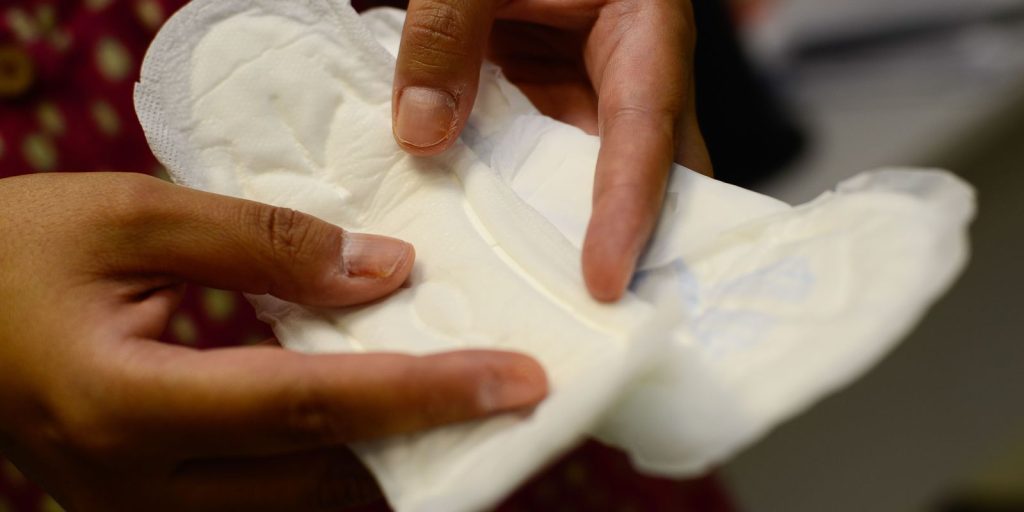The National Congress, this Thursday (10) has rescinded the presidential veto on the bill that provides for free distribution of sanitary pads to low-income students in the public network and women in street situations or the socially vulnerable. In doing so, the text that was rejected is enacted in Congress and the procedure becomes law.
The project, the veto of which has been revoked today, aims to strengthen the strategy of health and hygiene care, combating menstrual instability – lack of access to hygiene products and other items needed during menstruation. Women of childbearing age enrolled in the Individual Registry for Social Programs (CadÚnico), as well as homeless women, will be covered, regardless of enrollment.
The project also focuses on combating school dropout. According to the project’s report, at the time of its approval in the Senate, one in four children did not attend classes during their menstrual period due to lack of sanitary pads.
Specific elements of this policy, such as quantity standards and the form of free supply of sorbents, will be specified in a later regulation. Resources from the Federation will be available to the SUS. In the case of women arrested and imprisoned, the National Prison Fund will provide the funds.
Cassation and subsequent decree
In October, President Jair Bolsonaro imposed sanctions on the Menstrual Health Protection and Promotion Program, but objected to the distribution of sanitary pads, the main point of the initiative. According to the government’s justification, the project will be against the public interest. According to the Ministries of Economy and Education consulted by the President of the Republic, the project did not indicate a source of funding or a compensatory measure.
And entered the veto on the agenda of congressional sessions and his exit twice, under criticism from deputies. However, the trend among parliamentarians was to overthrow the veto. One indication of this was a signal from the president of Congress himself, Senator Rodrigo Pacheco (PSD-MG), that he would work for the project.
Last Tuesday (8), International Women’s Day, Bolsonaro signed a decree Providing sanitary pads for “women who need them”. But the decree confirms that distribution is subject to budget and financial availability. That is, there is no legal guarantee that such a distribution will occur.
While dropping the veto, lawmakers criticized the decree and highlighted its limited effects. “When Bolsonaro tries to prove he may have been allergic, he issues a decree that we see, in practice, as little more than a mockery. A decree with no deadline, no appeal, no funding source,” said Representative Tabata Amaral (PDT-SP). Bonfim (PSOL-SP) that the Congressional draft includes 3.5 million more women than the decree stipulated.

“Hardcore beer fanatic. Falls down a lot. Professional coffee fan. Music ninja.”







More Stories
The law allows children and adolescents to visit parents in the hospital.
Scientists pave the way for the emergence of a new element in the periodic table | World and Science
Can dengue cause hair loss? Expert explains how the disease affects hair